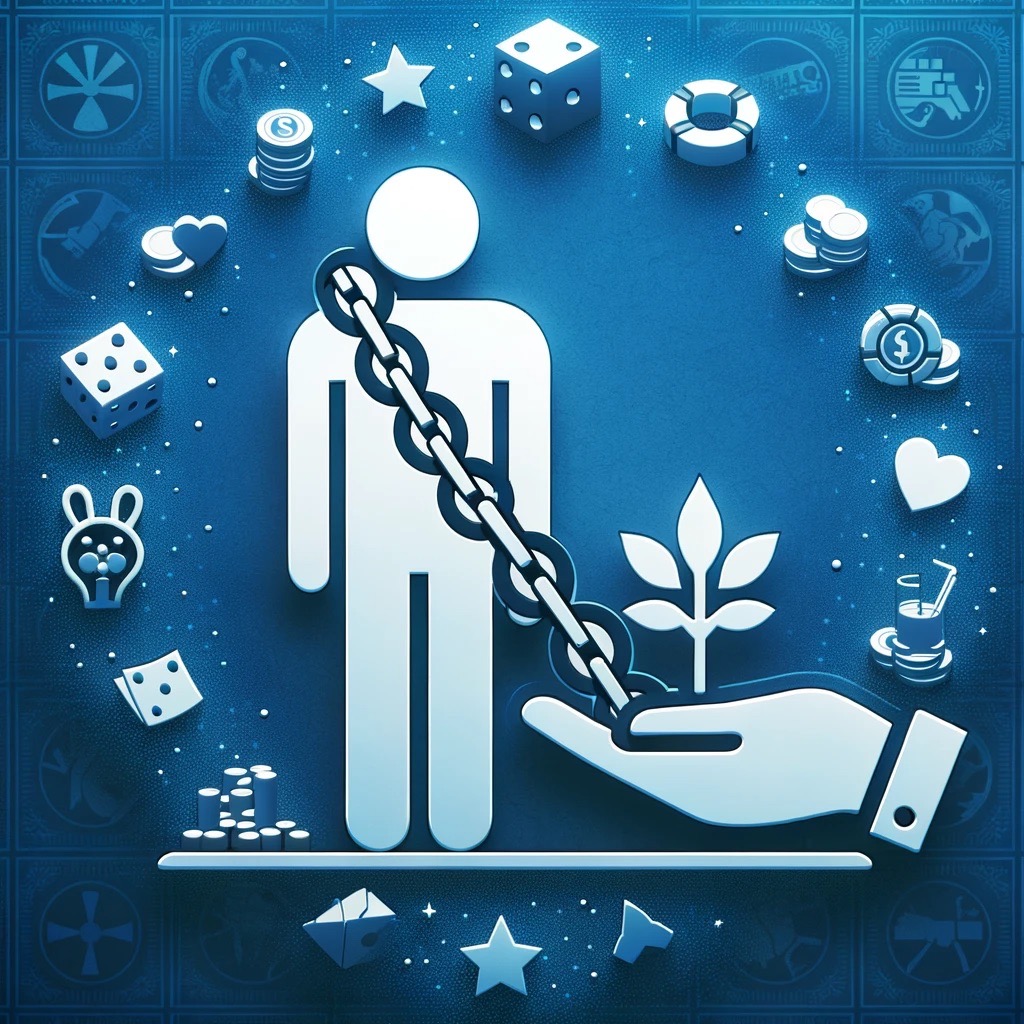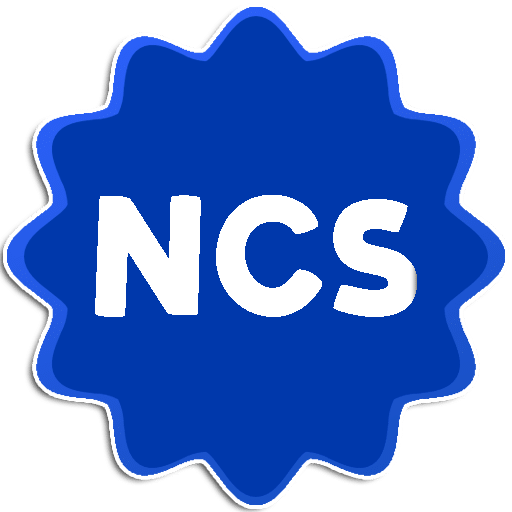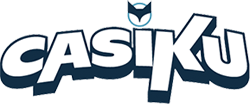Effective Strategies to End Gambling Addiction: A Practical Guide
Amidst the allure of gambling, addiction poses a serious risk, affecting millions worldwide. However, recovery is achievable through self-help strategies and professional interventions.
Continue reading to understand this often hidden issue, learn strategies to counteract it, and find out how to assist those impacted.


Understanding Gambling Addiction
At its core, gambling addiction, also known as compulsive or problem gambling, is the uncontrollable urge to keep gambling despite the toll it takes on your life.
More than the occasional flutter on the horses or buying a lottery ticket. It's when the act of gambling consumes your thoughts, compromises finances, and damages personal relationships, all while chasing the next big win.
Statistics
The UK has seen a concerning rise in gambling addiction over the years. Recent studies from the UK Health Security Agency indicate that over 0.5% of the adult population in the UK, around 245,000 people, are dealing with a serious gambling problem. Alarmingly, this number has seen a steady increase, with particular spikes among young adults.
Furthermore, it's estimated that over 2.2 million people in the UK, including children, are at risk of developing a gambling problem, highlighting the gravity of the issue.
Psychological Underpinnings
So, what drives someone to gamble compulsively? It's a mix of brain chemistry, psychology, and societal influences. Studies show the brain releases dopamine, a feel-good neurotransmitter, during gambling activities. This creates a natural high - similar to that experienced with drugs or alcohol.
The unpredictability of gambling, the risk-reward mechanism, and the tantalising prospect of the "big win" can create a potent cocktail of emotions, driving addicts to gamble more frequently and with higher stakes.
Societal Impact
The ripple effect of gambling addiction is vast. Economically, it leads to lost productivity, job losses, and strains on public services as sufferers grapple with debt and its repercussions. The NHS faces increasing pressure to provide treatments and interventions for those affected.
On a personal level, families are torn apart, relationships are strained, and mental health issues, such as depression and anxiety, become prevalent among those battling this addiction.
Recognising the Signs of Gambling Addiction
There are a number of telltale signs when it comes to recognising gambling addiction:
Behavioural Indicators
Behavioural signs are often the most visible indicators of a gambling problem. This includes frequent visits to bookmakers, casinos, or online betting sites. You might become obsessed with gambling, spending more time and money than you can afford.
The act of chasing losses becomes common, where you try to win back money you've lost, often leading to even greater losses. Additionally, there might be an increase in secretive behaviour, especially around your gambling activities.
Emotional Symptoms
Emotionally, the toll of gambling addiction can be profound. You may exhibit increased levels of stress and anxiety due to the pressures of debt and the unpredictability of your habit.
Feelings of depression can set in, especially after significant losses. In severe cases, there might be feelings of desperation, hopelessness, or even suicidal thoughts.
Physical Symptoms
The strain of a gambling problem isn't just mental - it manifests physically too. This can include sleep disturbances, either insomnia or oversleeping, due to anxiety or late-night gambling sessions. There might be noticeable weight loss or gain as a result of stress or neglecting personal care.
Other health issues, such as headaches, digestive problems, or high blood pressure, can also arise from the constant stress and anxiety associated with compulsive gambling.
Financial Red Flags
Financially, the signs can be glaring. Rapidly draining savings or the sudden accrual of significant debt can be indicative of a gambling problem.
There might be frequent borrowing or selling personal items to fund the habit. Additionally, financial secrecy becomes common, with hidden bills, unexplained loans, or a reluctance to discuss financial matters.
Self-Help Strategies
The journey to stopping gambling can be tough, but there are things you can do yourself to begin the process.
Acceptance
The first step towards recovery is acceptance. It's crucial to acknowledge and come to terms with the fact that you have a gambling problem. This self-realisation is the foundation upon which all other recovery efforts are built. It's not a sign of weakness but rather a courageous step towards regaining control.
Financial Boundaries
Setting financial boundaries is paramount. This includes setting strict limits on how much you can spend on gambling and sticking to them. It's advisable to avoid carrying excess cash or having easy access to funds.
Additionally, letting a trusted friend or family member oversee major financial decisions can act as a safeguard against impulsive gambling-related choices.
Avoiding Triggers
Triggers can be places, people, or even certain emotions. It's essential to identify and avoid these triggers. This might mean staying away from betting shops, casinos, or online gambling sites. It could also involve avoiding certain friends or social situations where the temptation to gamble is high.
Alternative Activities
Finding alternative activities can help divert the mind from the urge to gamble. Engaging in hobbies, taking up a sport, joining a club, or simply spending more time with loved ones can fill the void that gambling might have occupied. These activities not only act as distractions but also contribute positively to your well-being.
Delaying Tactics
When the urge to gamble strikes, employing delaying tactics can be beneficial. This means postponing the act of gambling, even if it's just for a few minutes. During this time, reflecting on the potential consequences, recalling past losses, or simply taking a walk can diminish the urge.
Support Systems
Recovery is not a journey you should undertake alone. Building a support system of understanding friends and family can make a world of difference. Sharing struggles, celebrating small victories, and having someone to talk to during challenging times can provide the strength needed to overcome addiction.
Professional Interventions
When it comes to addictions, it's not always something you should feel you need to tackle alone.
Therapies
Cognitive Behavioural Therapy (CBT) is one of the most effective therapeutic interventions for gambling addiction, as found by studies from Cowlishaw et al., 2012; Menchon et al., 2018 and Yakovenko & Hodgins, 2016. CBT focuses on identifying and challenging the distorted thought patterns that fuel the addiction.
By addressing the root causes and changing the way you think about gambling, CBT offers a structured path to recovery. Regular sessions with a trained therapist can equip you with strategies to resist the urge to gamble and cope with triggers.
Medications
While there's no specific drug to treat gambling addiction, certain medications can help control the compulsive urges. Antidepressants and mood stabilisers can be prescribed to address the underlying mood disorders that often accompany gambling addiction.
Additionally, medications that reduce dopamine production can help curb the pleasure associated with gambling. It's essential to consult with your psychiatrist or GP to determine the best medicinal approach.
Support Groups
Support groups like Gamblers Anonymous offer a safe space for individuals to share their experiences, challenges, and successes. These groups provide peer support, allowing members to learn from each other's journeys. The shared sense of community and understanding can be instrumental in the recovery process.
Inpatient and Outpatient Programs
For those requiring more intensive support, inpatient and outpatient programs are available. Inpatient programs, often referred to as residential treatments, involve staying at a facility for a set period, offering a structured environment away from triggers.
Outpatient programs allow you to live at home but attend regular therapy sessions and workshops. Both approaches have their merits, and the choice often depends on the severity of the addiction and individual preferences.
Treating Coexisting Disorders
It's not uncommon for gambling addiction to coexist with other disorders like depression, anxiety, or substance abuse as research has shown. Addressing these underlying issues is crucial, as they can exacerbate the gambling problem.
Integrated treatment plans that tackle both the addiction and coexisting disorders can offer a holistic approach to recovery, ensuring all facets of your well-being are addressed.
Digital Tools and Apps
There are a variety of tools and applications that can assist you with the challenges of overcoming gambling addiction.
Self-exclusion Programs
In the digital age, online gambling has become increasingly accessible, making self-control even more challenging. Self-exclusion programs are digital platforms designed to help individuals restrict their access to gambling sites.
Self-Exclusion Programs in the UK
- GAMSTOP: A free service to self-exclude from all online gambling companies licensed in Great Britain.
- SENSE (Self-Enrolment National Self-Exclusion): A program for self-exclusion from land-based casinos in the UK. Enrolment is available at casinos.
- BetBlocker: A free tool to block access to gambling websites.
- Gamban: Software to block access to gambling websites and apps on all devices.
- Blocking Software: Various software options like NetNanny, Gamblock and Betfilter offer web filtering to block gambling content.
- Local Self-Exclusion Schemes: Available at betting shops, bingo halls, and casinos.
- National Casino Forum (NCF): Offers a self-exclusion program for casinos, available at the casinos themselves.
By registering with these programs, you can block yourself from accessing gambling platforms for a specified period, providing a digital barrier to temptation.
Monitoring and Alert Apps
For those wanting to keep a closer eye on their gambling habits, monitoring and alert apps can be invaluable. These tools track gambling activities and spending, sending alerts when preset limits are approached or breached.
Apps empower you to take proactive steps before habits spiral out of control by offering real-time insights into gambling behaviour.
Support and Counselling Apps
Recovery doesn't always require face-to-face interactions. A plethora of support and counselling apps are now available, offering digital therapy and counselling services.
From chatbots trained in cognitive behavioural therapy techniques to platforms connecting users with licensed therapists, these apps provide accessible and often more affordable support right at your fingertips.
Assisting a Loved One with Gambling Addiction
In many cases, it may be a friend or family member who is facing down addiction. Your support can make all the difference. Don’t know where to start? Follow these steps:
1. Initiate the Conversation
Starting a conversation about gambling addiction with a close friend or family member can be daunting. It's essential to approach the topic with empathy and understanding. Choose a quiet, private setting and ensure the tone is non-confrontational. Express genuine concern without being judgmental, and be prepared to listen.
2. Offer Support
Being there for someone battling addiction is invaluable. Offer a listening ear, provide encouragement, and celebrate small victories. However, it's crucial to avoid enabling their gambling habits. This means not providing money to gamble, not covering up their mistakes, and setting clear boundaries to protect your own well-being.
Help With Financial Management
Financial turmoil often accompanies gambling addiction. Assisting your loved one in setting up financial management systems can be a lifeline. This might involve creating a budget, setting up automatic bill payments, or even taking control of their finances temporarily.
The aim is to ensure they're protected from further financial harm while they work towards recovery.
Seek Professional Help
While your support is invaluable, professional intervention is often necessary for full recovery. Encourage them to seek professional help. This could be in the form of therapy, joining a support group, or considering medication.
Provide them with resources (check out our directory of gambling addiction support organisations), accompany them to appointments if they wish, and reassure them that seeking help is a sign of strength, not weakness.
Final Thoughts
As we've journeyed through the complexities of gambling addiction, one thing remains clear - the importance of addressing this pervasive issue cannot be overstated. Whether it's the silent sufferer or a loved one caught in the crossfire, the impact of gambling addiction reverberates through lives, families, and communities.
A huge range of resources and support systems are at our disposal, from self-help strategies to professional interventions. The digital age has further bolstered our arsenal, with apps and online platforms offering assistance at the touch of a button.
If you or someone you know is grappling with gambling addiction, remember - you're not alone. Help is available, and recovery is attainable. Take the first step, reach out, and start your journey to stop gambling today.
Resources for Gambling Addiction in the UK
If you or someone you know is struggling, here are some useful UK support resources.
Helplines
- National Gambling Helpline: Free, confidential help available 24/7. Call 0808 8020 133.
- GamCare: Offers information, support, and counselling for problem gamblers. Visit GamCare.
Support Groups
- Gamblers Anonymous UK: A collective of people who share their experiences to solve their common problem. Visit Gamblers Anonymous UK.
- Gordon Moody Association: Provides residential courses for those severely addicted to gambling. Visit Gordon Moody Association.
Self-Exclusion Programs
- GAMSTOP: Self-exclude from all online gambling companies licensed in Great Britain. Visit GAMSTOP.
- SENSE: Self-exclude from all land-based casinos in the UK. Enrolment is available at the casinos.
- BetBlocker: Block access to gambling websites. Visit BetBlocker.
- Gamban: Block access to gambling websites and apps on all devices. Visit Gamban.
Therapy and Counselling
- NHS Gambling Addiction: The NHS provides support and treatment for gambling addiction. Visit your GP or NHS Gambling Addiction.
- GamCare Counselling: Professional, free, and confidential counselling. Visit GamCare Counselling.
Online Resources
- BeGambleAware: Offers free, confidential help and support. Visit BeGambleAware.
- Gambling Therapy: Provides support and counselling for anyone adversely affected by gambling. Visit Gambling Therapy.

